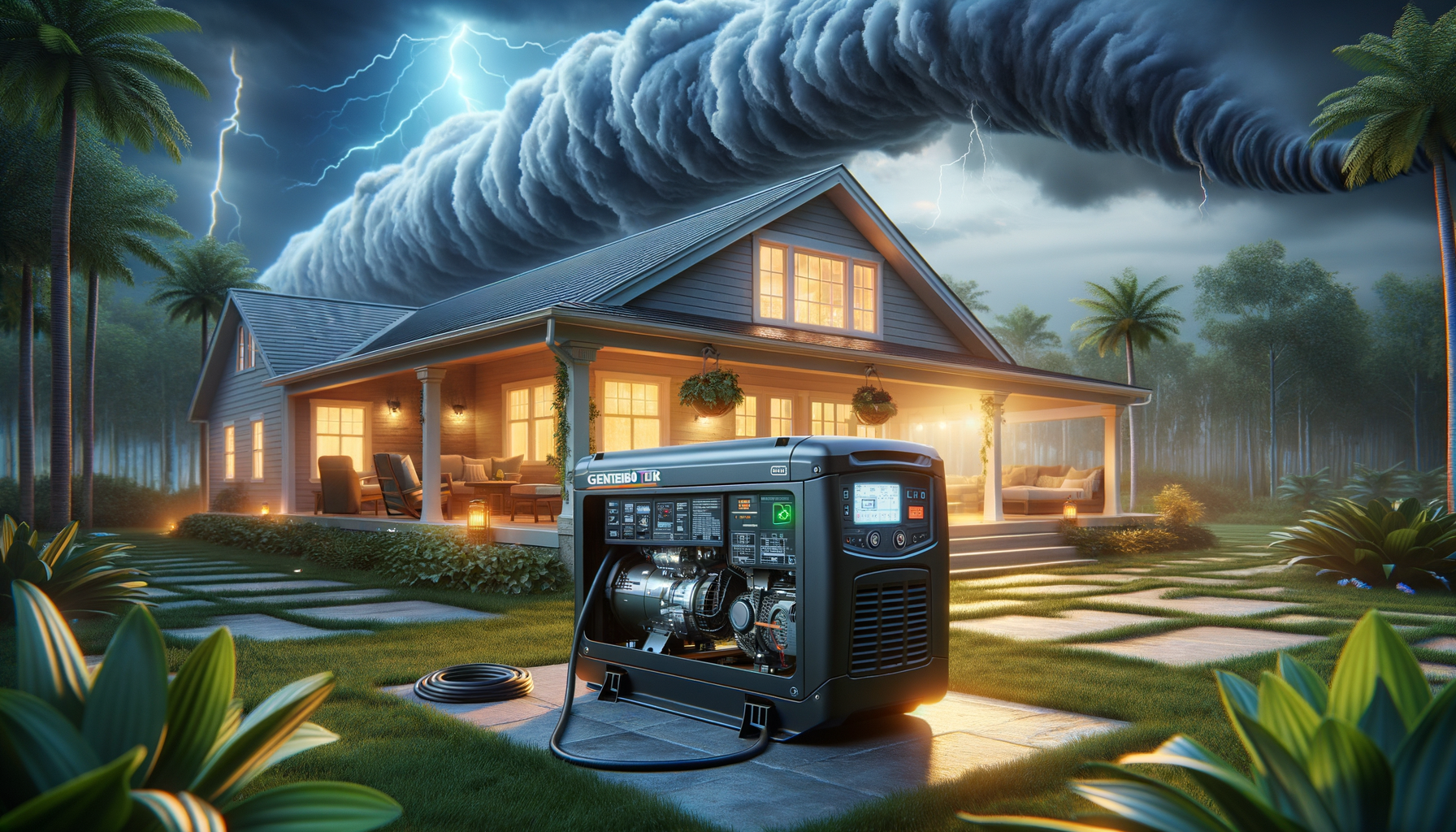Understanding the Need for Generators
In an era where electricity powers nearly every aspect of our lives, the idea of a power outage can be daunting. Whether it’s a sudden storm, a natural disaster, or a technical glitch, the loss of power can disrupt daily life significantly. This is where generators come into play, providing a reliable backup power source when the grid fails. People invest in generators for various reasons, but the primary motive remains the same: uninterrupted power supply.
Generators, whether standby or portable, offer peace of mind. They ensure that essential appliances, such as refrigerators, medical equipment, and communication devices, continue to function during an outage. This is particularly crucial for individuals living in areas prone to severe weather conditions or those who rely on medical devices that require constant power.
Moreover, the rise in remote work has increased the need for a stable power supply. A sudden blackout could mean missed deadlines and lost productivity. Generators provide a safety net, ensuring that work can continue uninterrupted. Additionally, they are invaluable for businesses that need to maintain operations during power cuts, preventing potential revenue loss.
Standby vs. Portable Generators: A Comparative Insight
When considering an investment in a generator, understanding the difference between standby and portable options is essential. Standby generators are permanently installed units that automatically kick in when the power goes out. They are typically connected to the home’s electrical system and powered by natural gas or propane. These generators are ideal for homeowners who desire a seamless transition during outages and can afford the higher initial investment.
Portable generators, on the other hand, are more flexible and cost-effective. They can be moved around as needed and are usually powered by gasoline. While they require manual setup and connection, their portability makes them suitable for various situations, such as camping trips or construction sites. However, they may not provide the same level of power as standby units and are generally noisier.
Choosing between the two largely depends on individual needs and circumstances. Standby generators offer convenience and higher power output, while portable generators provide flexibility and affordability. Understanding these differences helps potential buyers make informed decisions that align with their specific requirements.
Economic Considerations: Cost vs. Value
Investing in a generator involves weighing the cost against the potential benefits. Standby generators typically require a higher initial investment, including installation costs, but they offer long-term value through reliability and ease of use. These generators can increase property value, making them a worthwhile consideration for homeowners planning to sell in the future.
Portable generators, while less expensive upfront, come with recurring costs such as fuel and maintenance. However, their lower price point makes them accessible to a broader audience, particularly those who need a temporary power solution. It’s important to consider the frequency and duration of power outages in your area when evaluating the cost-effectiveness of a generator.
Ultimately, the decision to invest in a generator should be based on a careful analysis of your power needs, budget, and the potential impact of power outages on your lifestyle or business. By understanding these factors, you can make a choice that offers the best balance of cost and value.
Environmental Impact and Sustainability
With increasing awareness of environmental issues, the sustainability of generators has become a significant consideration for many buyers. Standby generators that run on natural gas or propane are generally cleaner than those powered by gasoline, as they emit fewer pollutants. This makes them an attractive option for environmentally conscious consumers.
Portable generators, while versatile, often rely on gasoline, which can contribute to air pollution. However, advancements in technology have led to more efficient models that minimize emissions. Additionally, some manufacturers are exploring alternative fuels, such as solar power, to reduce the environmental footprint of generators.
When selecting a generator, it’s important to consider its environmental impact and explore options that align with your sustainability goals. Opting for a cleaner fuel source or a model with energy-efficient features can help reduce the ecological impact while still providing reliable power during outages.
Making the Right Investment: Tips and Considerations
Investing in a generator requires careful consideration of various factors to ensure you make the right choice for your needs. Here are some tips to guide your decision-making process:
- Assess Your Power Needs: Determine which appliances and systems are essential during an outage and calculate the total wattage required to power them.
- Consider Future Needs: Think about any future changes, such as home additions or increased power demands, that might affect your generator choice.
- Research Brands and Models: Look for generators with a strong reputation for reliability and customer satisfaction. Reading reviews and seeking recommendations can provide valuable insights.
- Evaluate Fuel Options: Consider the availability and cost of different fuel types in your area, as well as their environmental impact.
- Plan for Maintenance: Regular maintenance is crucial for ensuring your generator operates efficiently. Factor in the cost and availability of maintenance services when budgeting.
By taking these considerations into account, you can make a well-informed investment in a generator that provides peace of mind and reliable power when you need it most.




Leave a Reply